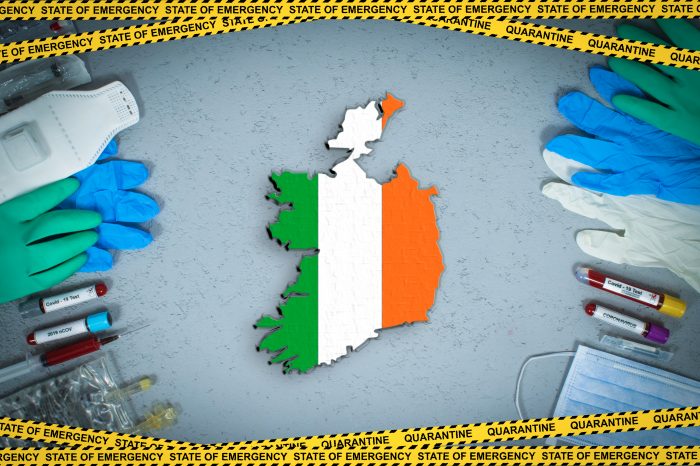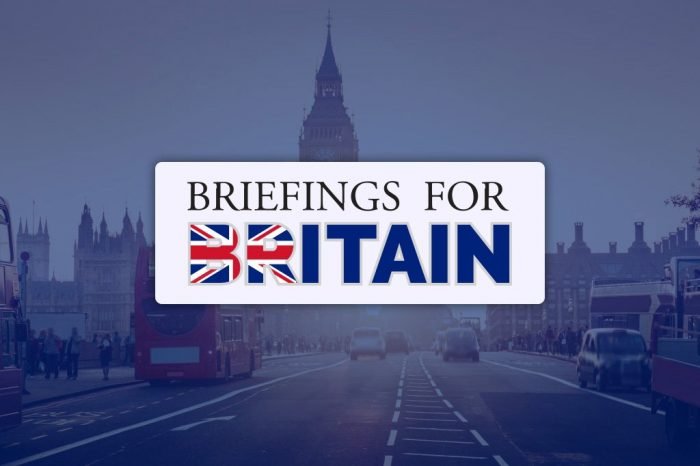Turning up the volume on what?
Sir Mike Rake, President of the Confederation of British Industry has urged his members to “turn up the volume” in support of the UK’s membership of the EU in a speech at the organisation’s annual dinner, according to a report in the Guardian today.
This is the latest development in a week which saw Deutsche Bank threaten to relocate part of its business from London if the UK leaves the EU while Lord Bamford, the Chairman of JCB, said that the UK had “nothing to fear” from withdrawal. Confused? Perhaps you are, but not as confused as the CBI’s President and the many other business leaders who have spoken out in favour of continuing UK membership arguing that we face “a choice between openness and isolation…. between shaping the future or retreating into the past.”
What these businessmen are concerned about is tariff-free access to the rest of the EU and its common regulatory standards – in other words, the single market. Do they care about the political dimension to the EU? – in other words, that its goal is the creation of a federal superstate? Most unlikely. In other words, therefore, if they can be convinced that access to the single market could be preserved if we withdrew from the EU but remained in the EEA and re-joined EFTA (the so-called “Norway Option”) until a longer-term relationship could be agreed, their concerns would be answered.
Let us be clear, the “Norway Option” is not an ideal long-term relationship for the UK. However, its most eloquent advocates have studied the issue of withdrawal and how best to achieve it over a period of many years. If there was a “silver bullet” which, at a stroke, could enable us to move instantaneously and seamlessly to a simple free trade relationship with the EU with full access to the remaining 27 member states, they would prefer this approach. However, such attempts to devise such a scenario have all contained serious flaws, which would result in job losses and worse. Our aircraft would not be able to fly in EU airspace if we just pulled out, nor would our aircraft have rights to use air space and landing slots in third countries under the present treaties, negotiated on our behalf by the EU.
However, it is the best way to reassure voters who are understandably nervous after being bombarded with scare stories . Trade would not be affected while we would escape from a political project with which we have never felt comfortable. Furthermore, regaining our independent seat at the World Trade Organisation and other international bodies involved in devising common global standards for goods would enable us – and thus our business leaders – to have far more clout in determining what these standards should be. At present we have no voice at these “top tables”and have to go along with the “common position” of the EU Commission which is more responsive to French and German requirements than to ours.
This is hardly the “retreat into the past” or “isolation” which Sir Mike Rake fears. It actually gives us a bigger voice on the world stage and brings us closer to where the real decisions are increasingly made these days. We can shape the future far better outside the EU and it is high time that the bigwigs in the CIB educated themselves on the reality of international trade. We are also free to reject new Directives. Whilst Labour politicians here bewailed the privatisation of Royal Mail, independent Norway simply declined to enforce the Third Postal Directive and kept its mail deliveries as a public service. We could do the same.








